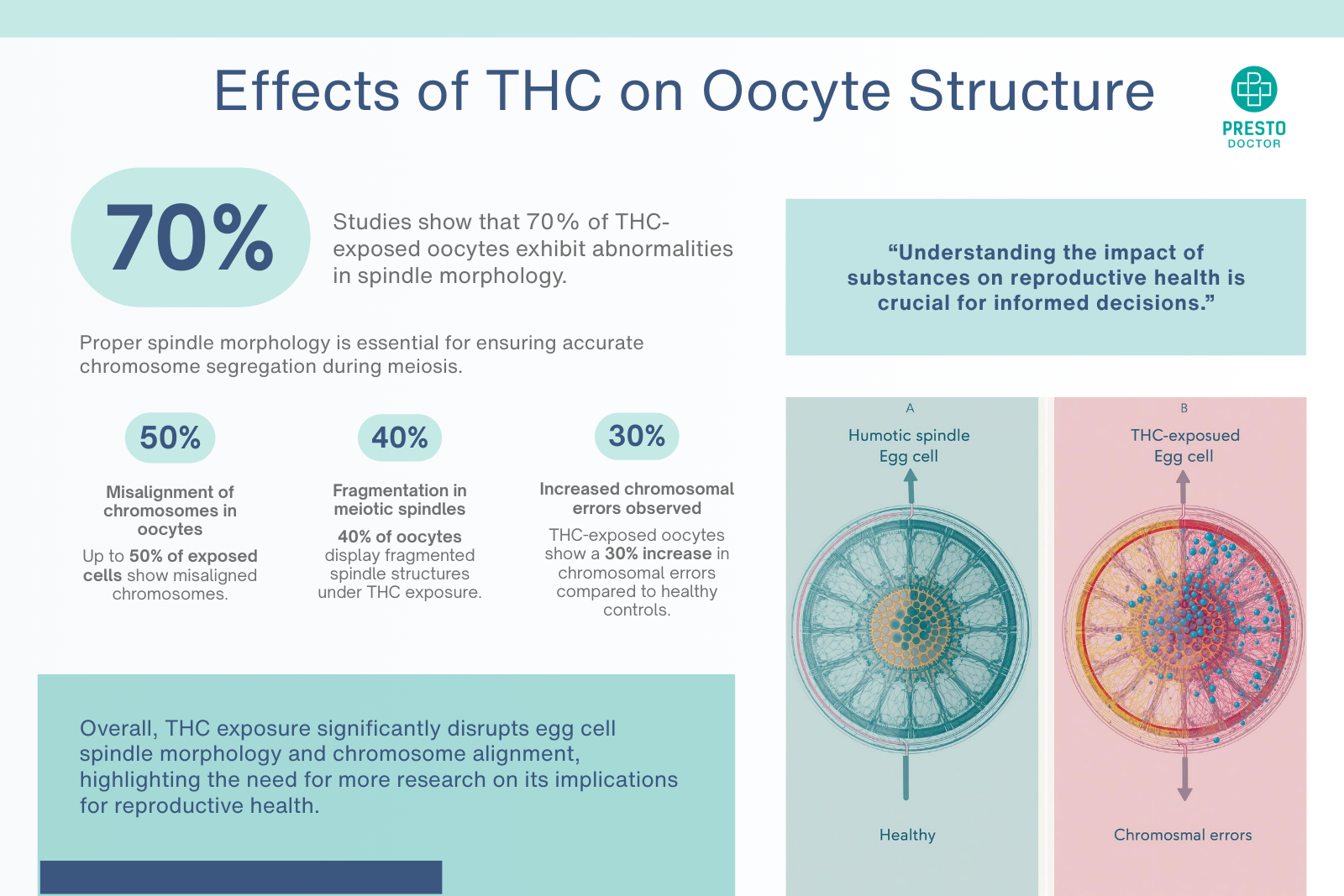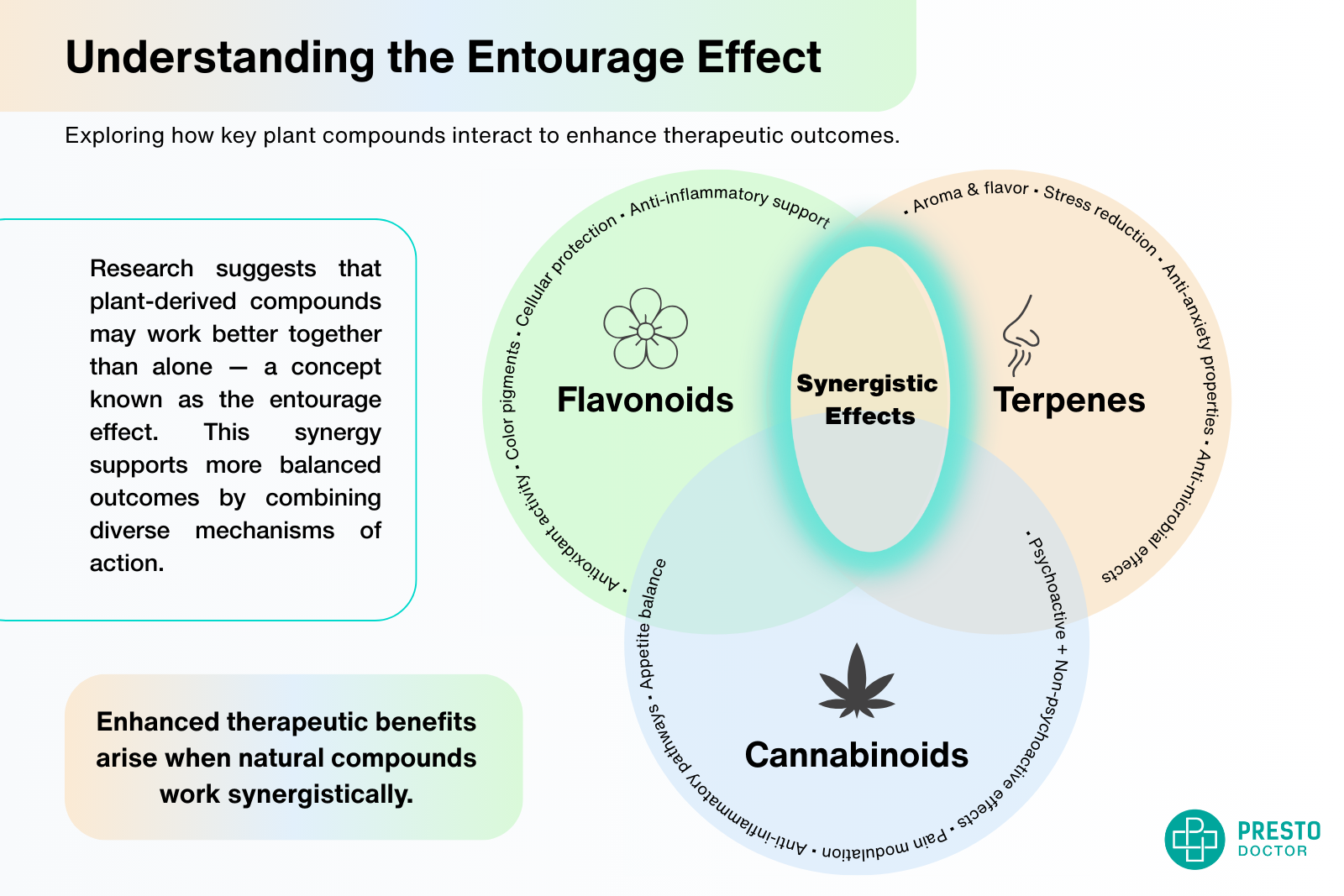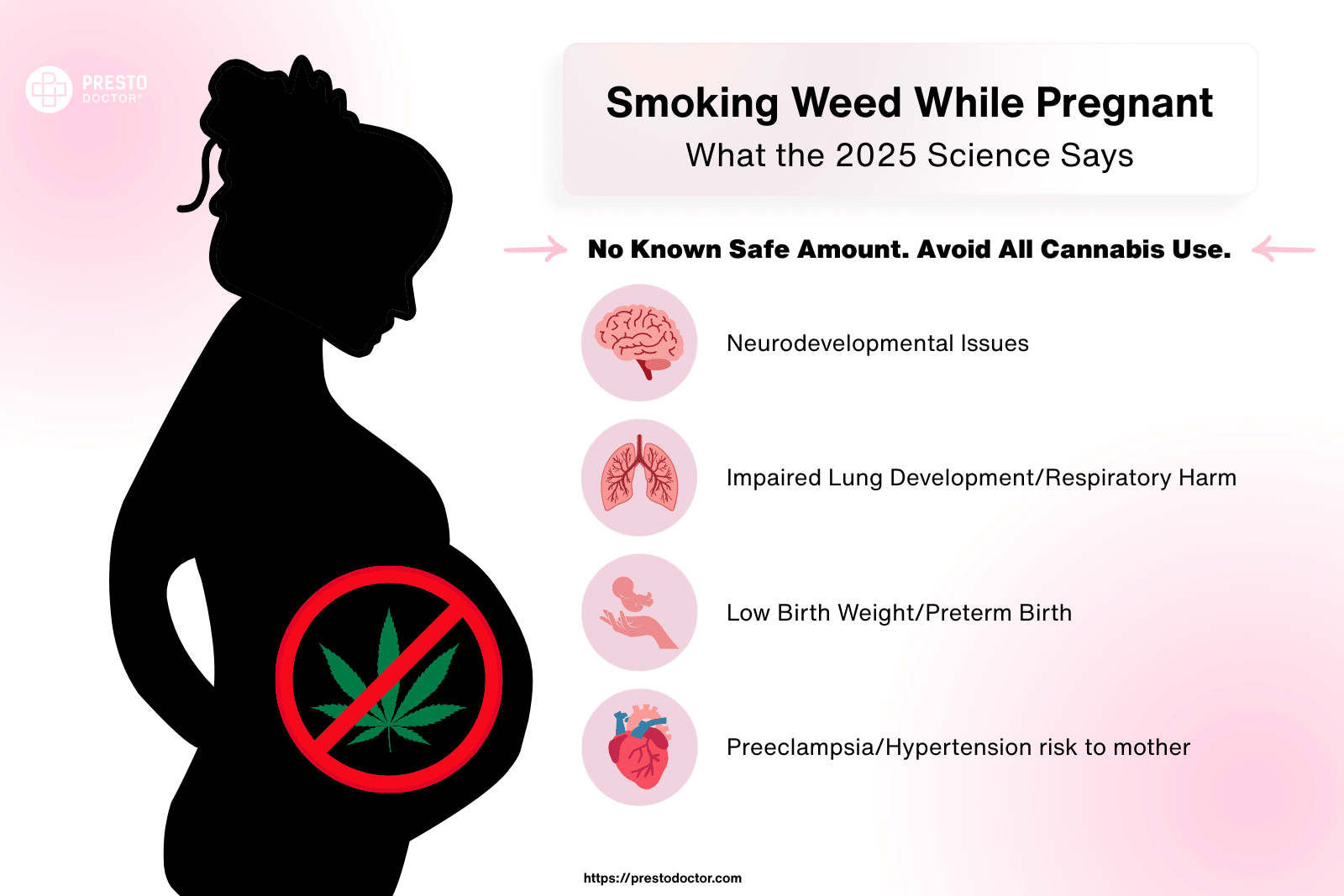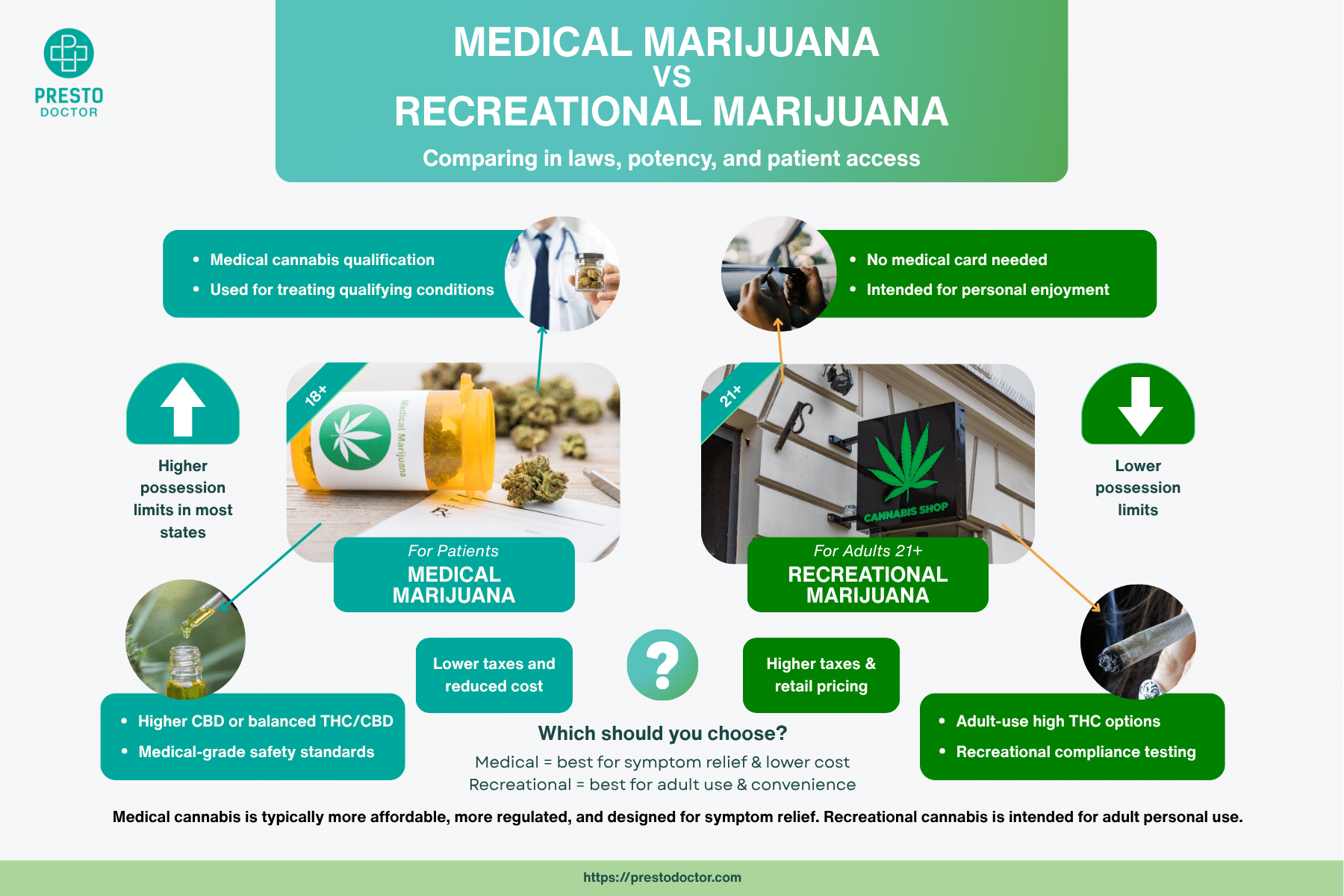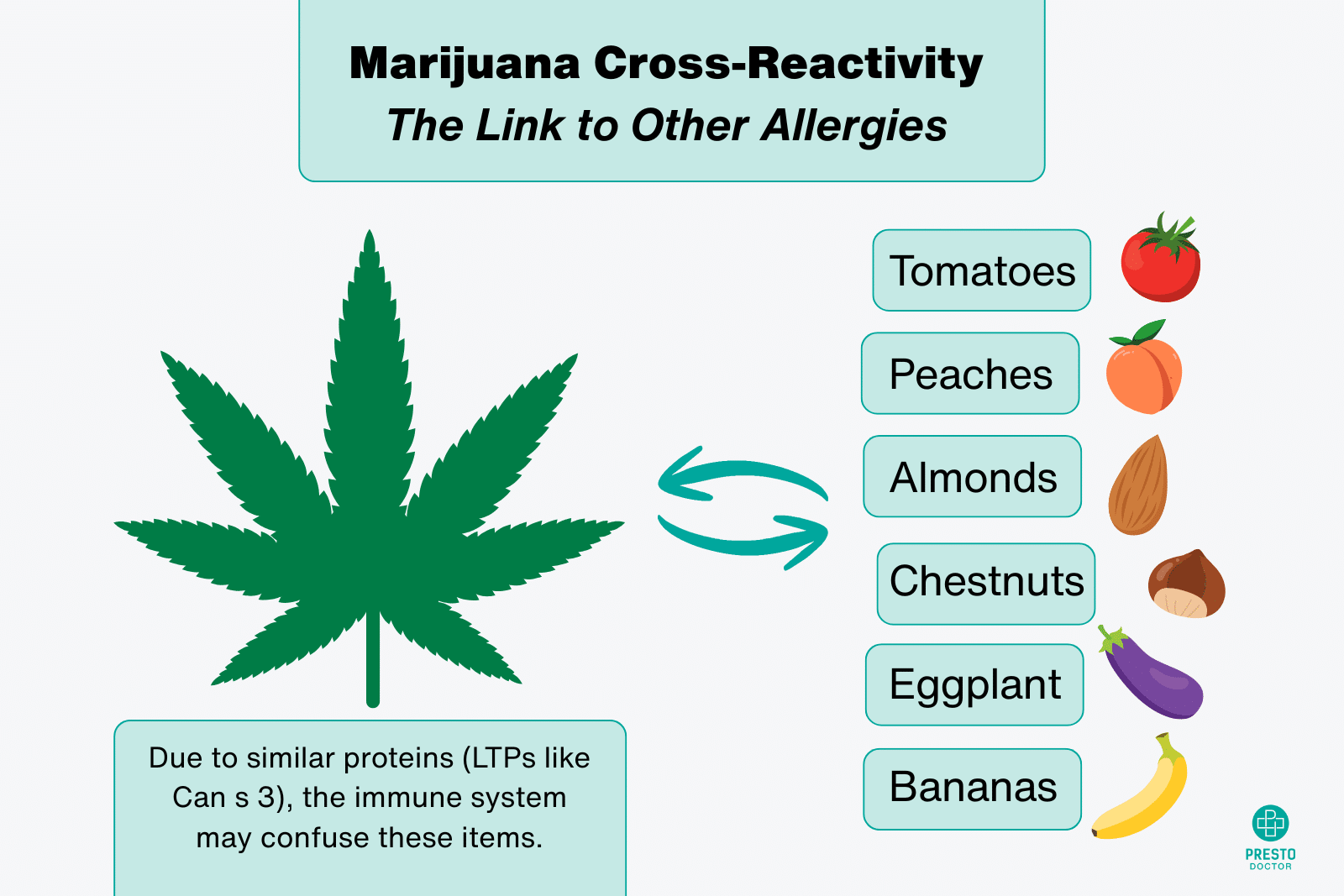
Cannabis use during pregnancy is a growing concern as more states and countries legalize marijuana for medical and recreational purposes. Many women perceive cannabis as a natural or safer alternative to pharmaceuticals for treating pregnancy-related symptoms such as nausea, anxiety, and pain. However, emerging research raises concerns about potential risks and effects to fetal development when cannabis is consumed during pregnancy. A study by Henry Ford Health and Michigan State University found that cannabis use during pregnancy is associated with lower birth weight in newborns (The American Journal on Addictions). This article explores the latest scientific evidence, potential risks, and the broader implications of prenatal cannabis use.
Prevalence of Cannabis Use in Pregnant Women
The use of cannabis among pregnant women has been rising in recent years. According to the study conducted by Henry Ford Health and Michigan State University, approximately 15% of pregnant women surveyed in 23 clinics across Michigan admitted to using cannabis. Data from previous research show that cannabis use during pregnancy doubled between 2007 and 2017, correlating with the legalization of medical marijuana in 2008 and recreational marijuana in 2018. This trend raises concerns about how changing perceptions of cannabis safety might influence prenatal health decisions.
Key Findings: Cannabis and Fetal Growth
The Henry Ford Health study found a significant association between cannabis use during pregnancy and lower birth weight. Researchers suggest that reduced birth weight may increase the risk of long-term health issues such as obesity and cardiovascular disease. The findings align with previous studies indicating that prenatal cannabis exposure may affect fetal growth and development. However, scientists emphasize that correlation does not imply causation. Additional controlled studies are needed to determine whether cannabis directly causes these adverse outcomes or if other factors contribute to the observed effects.
Mechanisms: How Cannabis Affects Pregnancy
Cannabis affects fetal development primarily through tetrahydrocannabinol (THC), its psychoactive compound. THC crosses the placenta and interacts with the endocannabinoid system, which plays a crucial role in brain development. Research suggests that prenatal exposure to THC may impair placental function, reducing oxygen and nutrient supply to the fetus. Some studies on animals and humans indicate that prenatal cannabis exposure could lead to neurodevelopmental changes, potentially increasing the risk of cognitive impairments and behavioral disorders later in life.
Confounding Factors in Cannabis Research
One of the challenges in studying cannabis use during pregnancy is accounting for confounding variables. Women who use cannabis while pregnant may also face socioeconomic disadvantages, limited access to healthcare, or co-use substances such as tobacco and alcohol. These factors can influence birth outcomes, making it difficult to isolate the effects of cannabis alone. Additionally, many studies rely on self-reported data, which can be subject to inaccuracies due to stigma or recall bias.
Cannabis vs. Other Substances During Pregnancy
Comparing the effects of cannabis with those of tobacco and alcohol is essential for understanding relative risks. Tobacco smoking is strongly associated with lower birth weight and respiratory issues. Alcohol consumption during pregnancy can lead to fetal alcohol spectrum disorders (FASD). Some argue that cannabis may pose fewer risks than alcohol or tobacco, but scientific consensus is still lacking. More research is necessary to determine whether cannabis is a safer alternative or if it carries its own set of unique risks.
Expert Opinions and Ongoing Debates
Experts remain divided on the risks of prenatal cannabis use. Some researchers, including those from The American Journal on Addictions, argues that existing evidence suggests potential harmful effects and urges caution against cannabis use during pregnancy. Others, such as representatives from the National Organization for the Reform of Marijuana Laws (NORML), point out that many studies suffer from confounding variables, making it difficult to draw definitive conclusions. The debate underscores the need for more rigorous, well-controlled research to inform public health recommendations.
Federal Regulations and Research Challenges
A significant barrier to cannabis research is its classification as a Schedule 1 drug under U.S. federal law. This means it is considered to have no accepted medical use and a high potential for abuse. This classification limits the ability of researchers to conduct large-scale, federally funded clinical trials. As cannabis laws evolve, there may be more opportunities to study its effects in controlled settings. This would lead to clearer guidelines on its use during pregnancy.
Recommendations for Pregnant Women
Health organizations such as the Centers for Disease Control and Prevention (CDC) and the American College of Obstetricians and Gynecologists (ACOG) recommend that pregnant women avoid cannabis use due to potential risks. For those using cannabis to manage nausea or anxiety, alternative treatments such as vitamin B6 for nausea or cognitive-behavioral therapy for anxiety may be safer options. Pregnant women considering cannabis use should consult their healthcare providers to discuss potential risks and alternative approaches.
Conclusion
The growing prevalence of cannabis use during pregnancy, combined with evolving research on its effects, highlights the importance of informed decision-making. While studies suggest a potential link between cannabis use and lower birth weight, causation has not been definitively established. Pregnant women should weigh the risks carefully and seek medical advice before using cannabis. As research continues, clearer guidelines will help healthcare providers and expectant mothers make evidence-based choices regarding prenatal cannabis use.
References and Further Reading
- Henry Ford Health & Michigan State University study (The American Journal on Addictions): https://onlinelibrary.wiley.com/journal/15210391
- American College of Obstetricians and Gynecologists (ACOG) Guidelines: https://www.acog.org/clinical/clinical-guidance/committee-opinion/articles/2017/10/marijuana-use-during-pregnancy-and-lactation
- National Institute on Drug Abuse (NIDA) – Effects of Marijuana on Pregnancy: https://nida.nih.gov/publications/research-reports/marijuana/what-are-marijuana-risks

